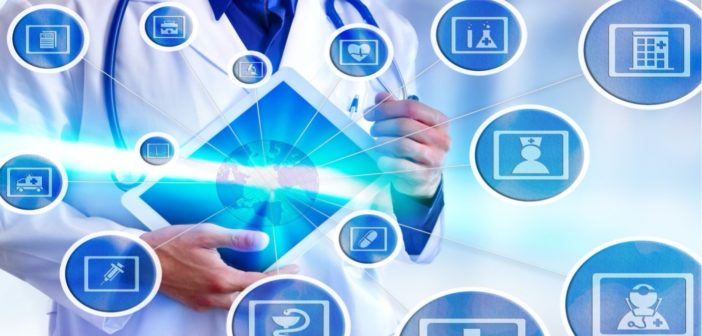There is no denying that a considerable amount of the GDP in many countries around the world is spent on healthcare. Despite this, hospitalization costs continue to rise, and the number of data breaches is also increasing in the public and private sectors.
Blockchain technology can be extremely helpful in reducing costs, strengthening data security, digitizing transactional processes, and streamlining the way information is shared between providers of health services and patients.
Listed below are five realistic benefits of Blockchain Technology in Healthcare industry
Information about patients’ health must be protected better
There are numerous benefits to using blockchain technology in healthcare, including simplifying the authorization and security of patient data. Blockchain Technology has a wide range of applications including Logistics, IoT, Money Transfer, Media and even online casino gaming companies such as casino online NetBet. In addition, a decentralized, peer-to-peer network can be crucial in reducing data breaches by securing a patient’s medical files. Ideally, there cannot be a single point of failure within a system that stores critical information: a system that provides access to critical health information.
There is another benefit to this system – healthcare professionals, doctors, and patients – as they can easily access the data without worrying about any information being tampered with. In addition, by automatically marking every exchange of data with a timestamp, physicians can keep track of the information they are sending, keep track of their client’s health status, and take immediate action in the event of an emergency.
Providers of healthcare can exchange information seamlessly
Blockchain technology can act as a safety net for organizations that need to share information securely from an organizational perspective. Since distributed ledger technology is decentralized, it can be used for exchanging all kinds of documents and medical images so that, ultimately, it will be possible for different parties to reach an agreement, place a correct diagnosis, or to better address clinical trials due to its decentralized nature.
To facilitate better supply chain management, it is important to have traceability without security concerns. As well as preventing counterfeit drug incidents, blockchain technology is also useful in preventing medical records from being falsified or duplicated. Several studies have shown that medical insurance companies are more likely to back up their policies, store them safely, and prevent data theft or revision than other industries.
Authenticity & transparency in the supply chain
In the healthcare industry, there has always been a concern about the authenticity of medicine. As a result of concerns about transparency across the supply chain, trust can be broken between providers and facilities, manufacturers and health practices, ultimately causing a great deal of damage to the health of patients. By tracking items along every supply chain step, a blockchain-based system can help mitigate such risks by reducing the associated risks.
Image source: Blockchain
Better Medical Insurance & Smart contracts for settlements
On the blockchain, companies connect multiple stakeholders in healthcare, such as insurers, pharma companies, wholesalers, and health providers, to authenticate them, track every transaction they make, and log in to smart contracts in which services and goods are provided. This type of environment allows healthcare providers and trading partners to embrace digitalization, automate tasks, and result in an exceptional experience for their patients in terms of user experience. In addition, as a result of digital contracts between suppliers, manufacturers, and distributors, closed on a decentralized ledger such as the blockchain, all parties can access the exact copies of every agreement without any possibility for them to make any changes after they are signed.
Use of IoT technology for remote monitoring of devices
In the digital healthcare industry, remote monitoring is one of the most influential trends. When physicians monitor patients’ vital signs, they can obtain valuable information on their general health, allowing them to be more proactive when treating the patient and making a more appropriate diagnosis. However, in the digital healthcare sector, one of the biggest challenges is the insecurity of IoT technology. It is difficult to ensure that patient data is completely protected, and people’s lives can be put at risk in an emergency.
The use of blockchain cryptography may be one of the best methods to ensure the safety of IoT devices. It is important to remember that since the technology only uses one unique hash function, it cannot be altered once the information has been recorded. A further advantage of IoT is that it is easy to interconnect devices without requiring any centralized server. There is no doubt that blockchain technology can make a huge difference in the field of healthcare. Regarding adopting the system, there is still a great deal of uncertainty around the topic among health organizations.




